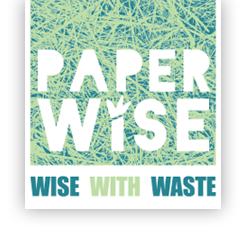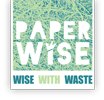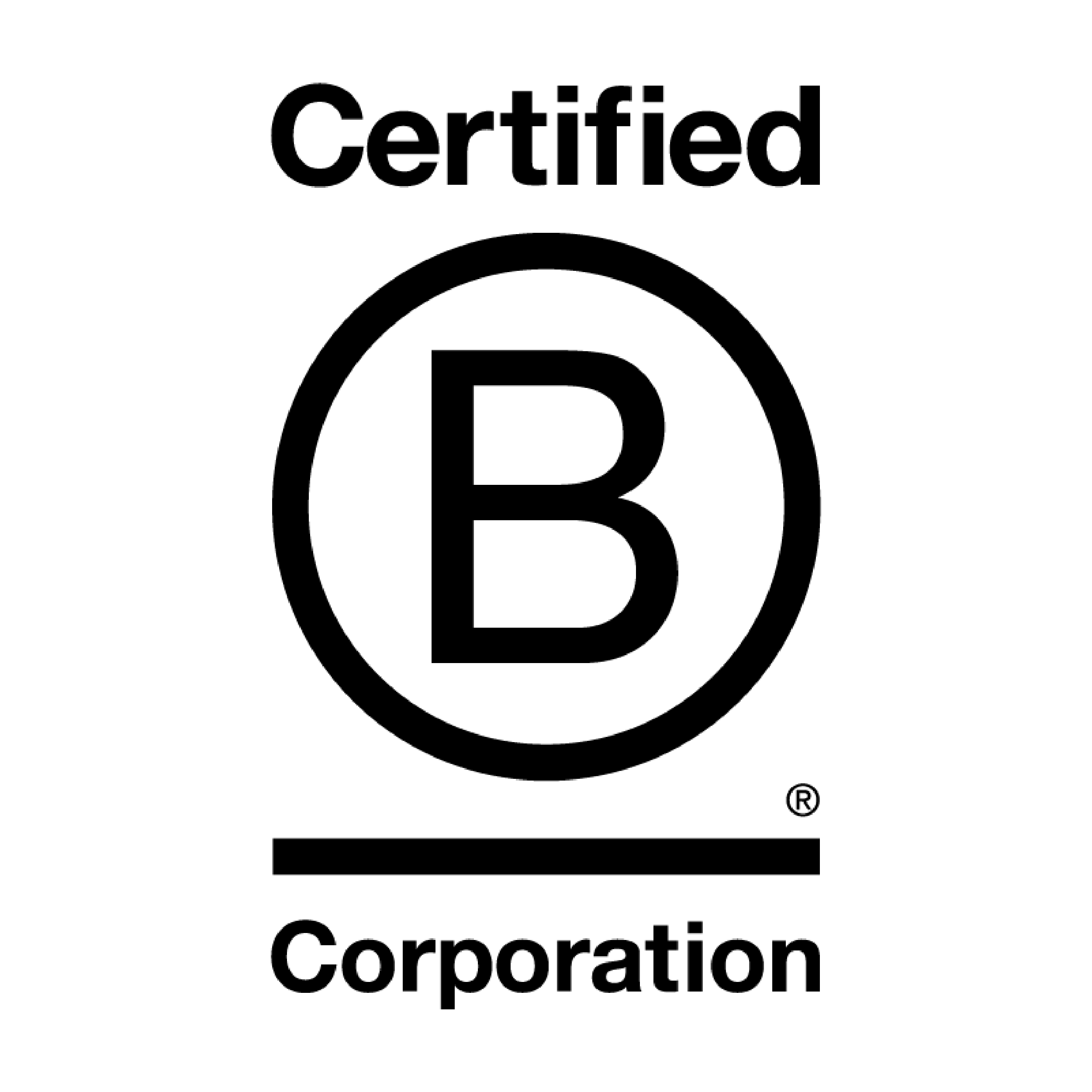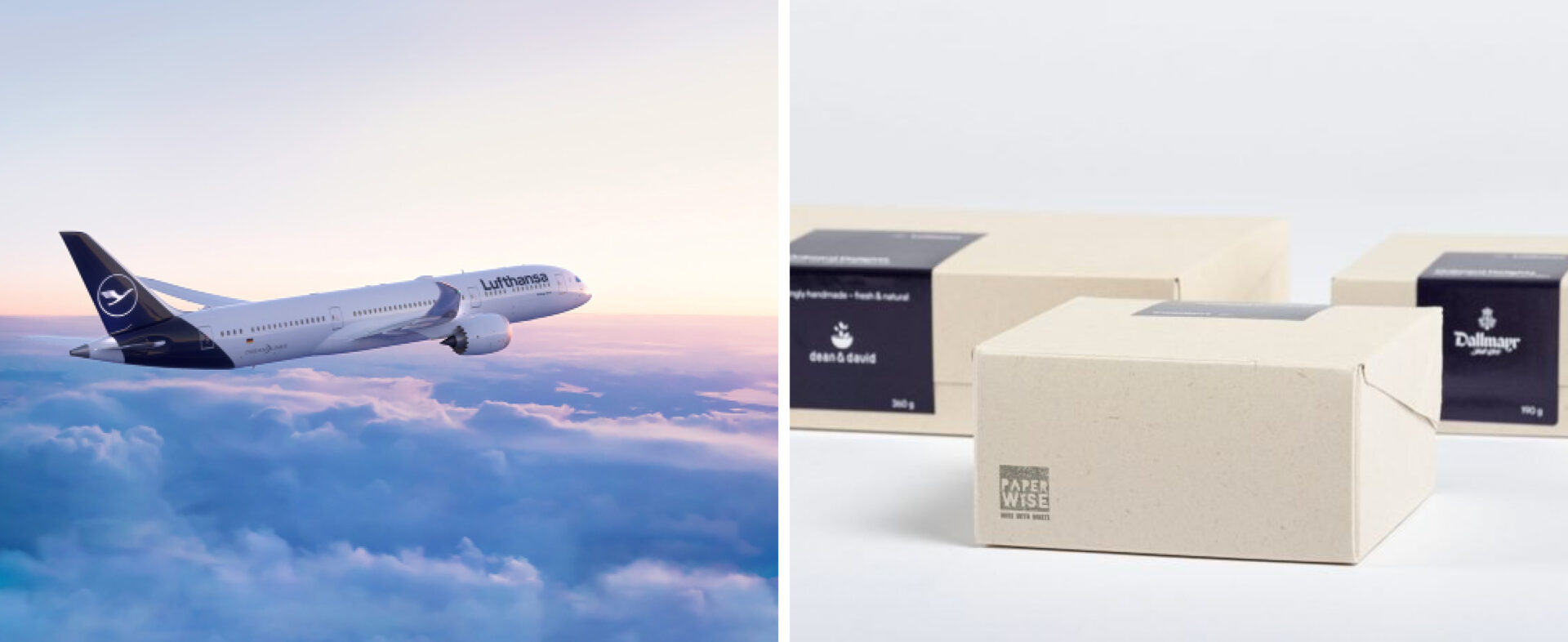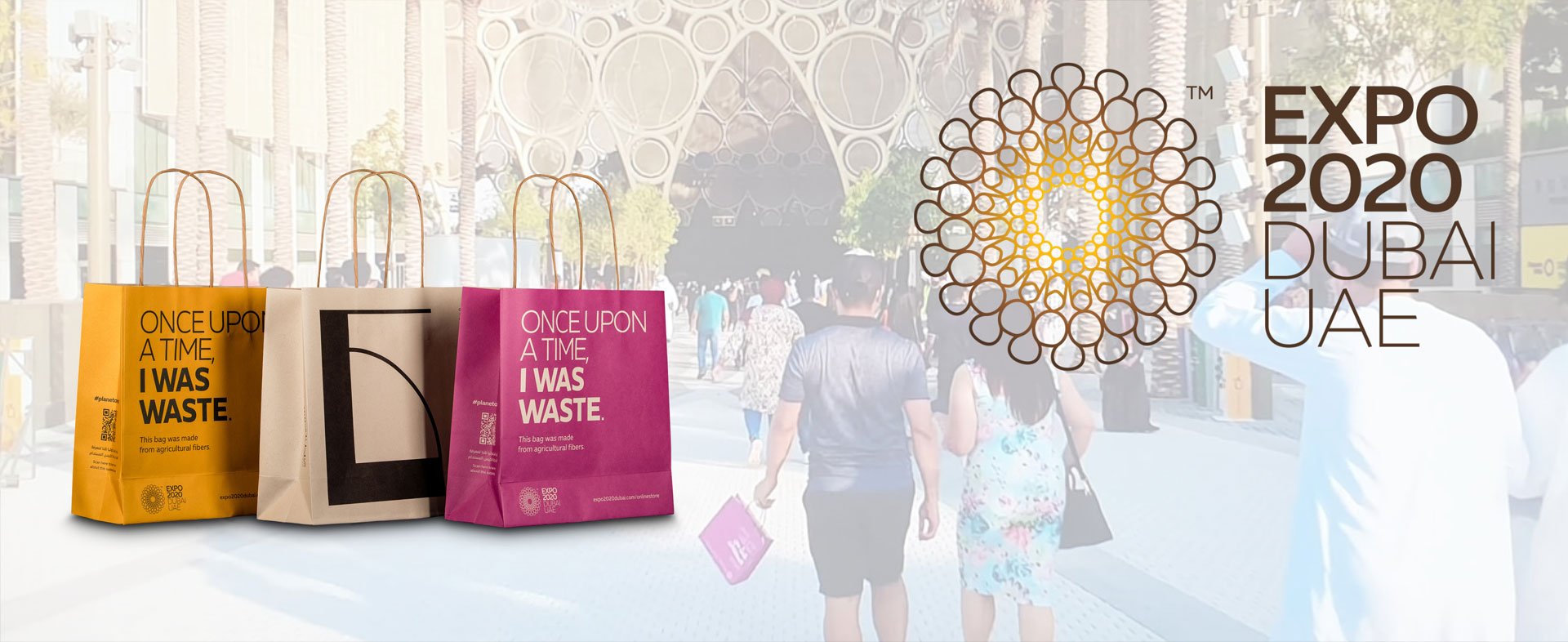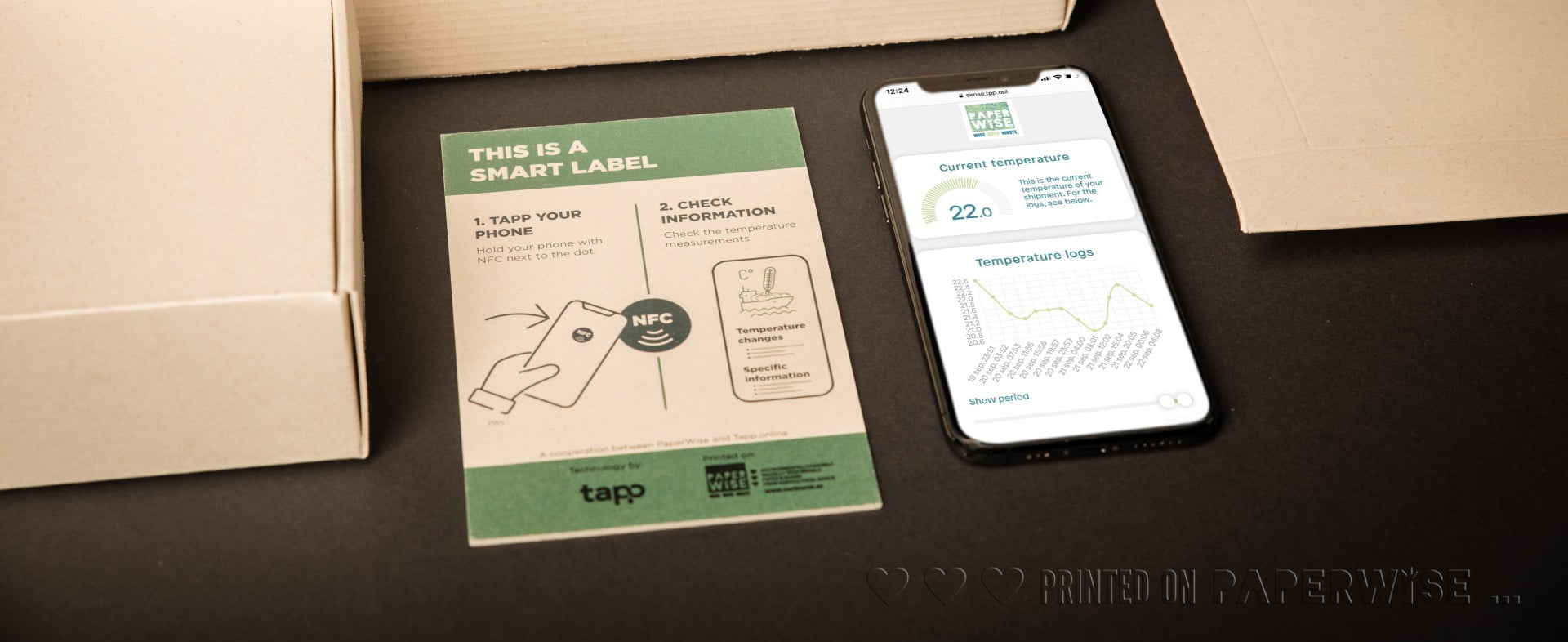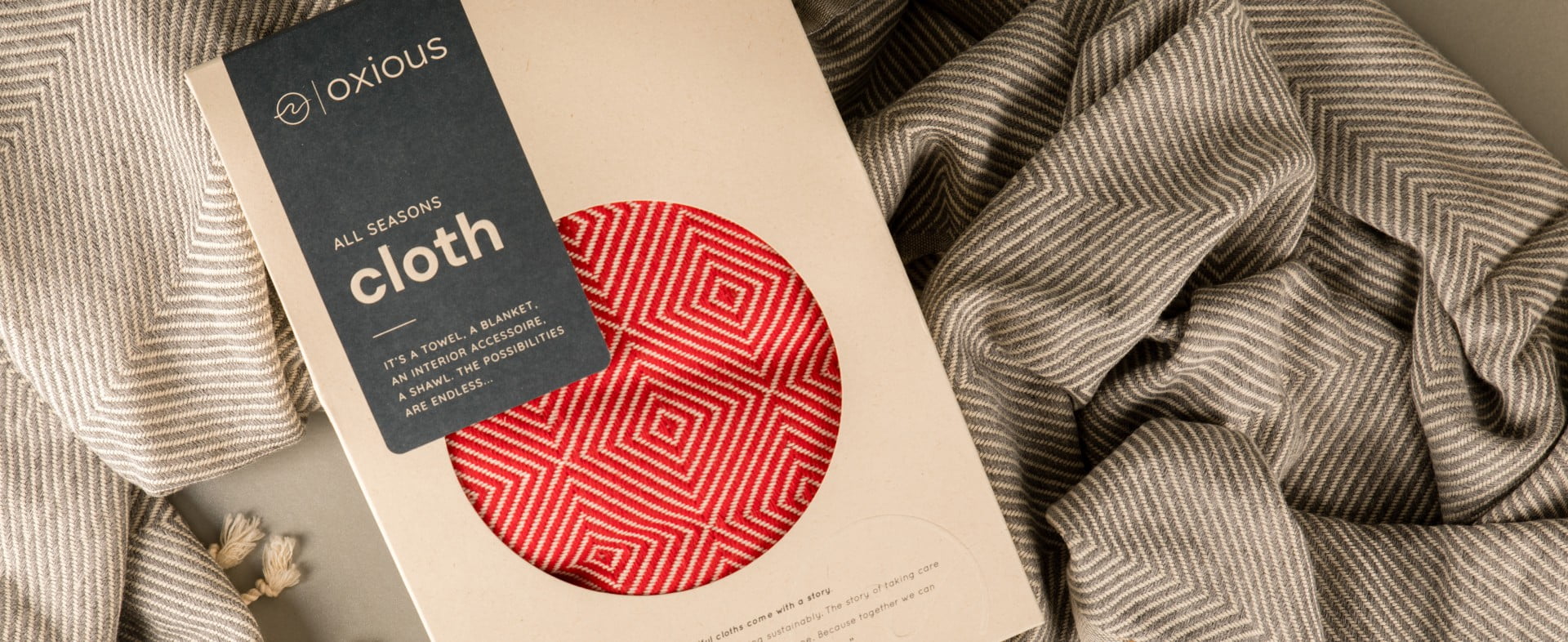
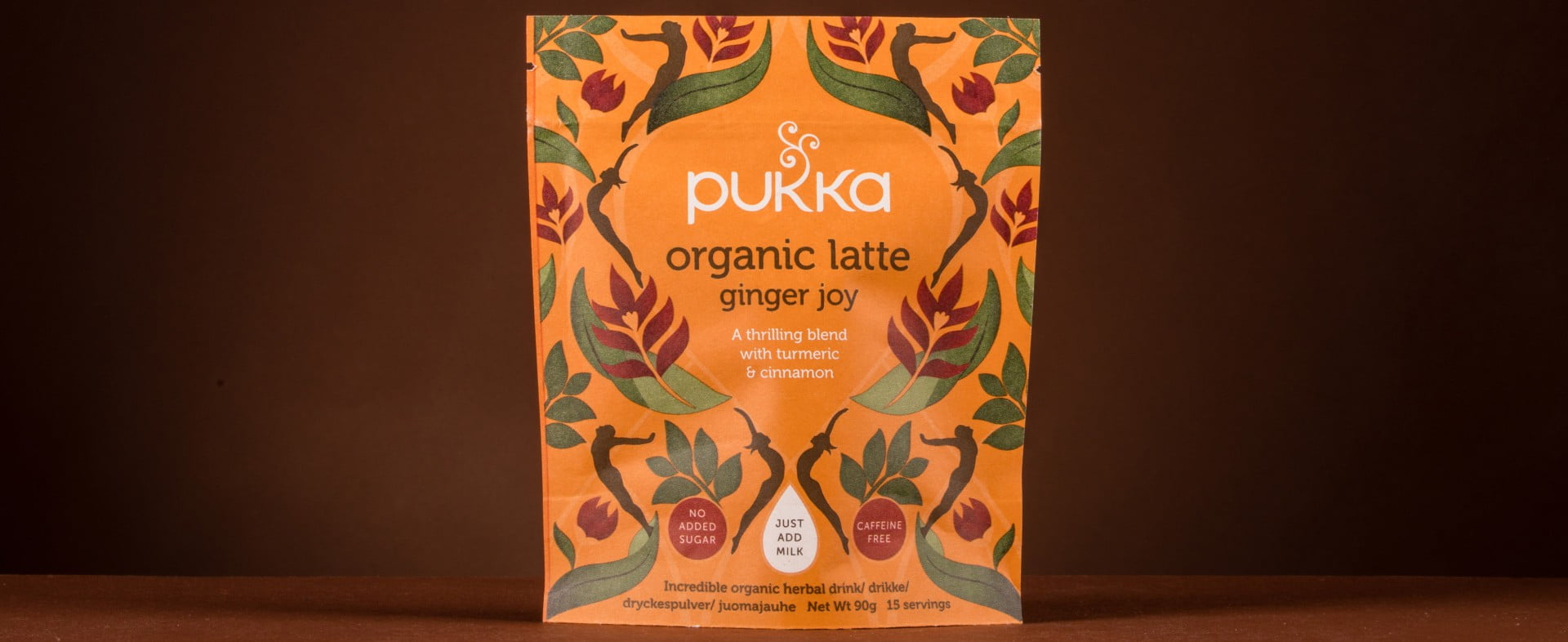
A revolution has begun. Across the planet, consumers are ready to reduce, reuse and replace conventional packaging with sustainable alternatives. An incredible shift from contaminating packaging to alternative solutions is emerging. Are you prepared?
TIPA and PaperWise are. Thanks to the synergistic collaboration, we can combine the best of both worlds: fully compostable single-use packaging with an authentic look and feel of eco-friendly paper.
Compostable by design
TIPA derives its inspiration from nature’s packaging looking at the peel of banana fruit, an apple, or an orange, a protective layer that decomposes back into the soil with no toxic residue, microplastics, or other pollutants. PaperWise shares this vision in its own way. PaperWise in a nutshell produces sustainable paper and board from agricultural waste. Inspired by the fact that nothing goes to waste in nature. Closing the cycle by giving agricultural waste a second life.
Similar to TIPA, PaperWise upholds itself to the highest standards concerning composability. Rest assured, PaperWise is also certified to standards for home and industrial composting. Respectively, DIN CERTCO Home Compostable and EN 13432.
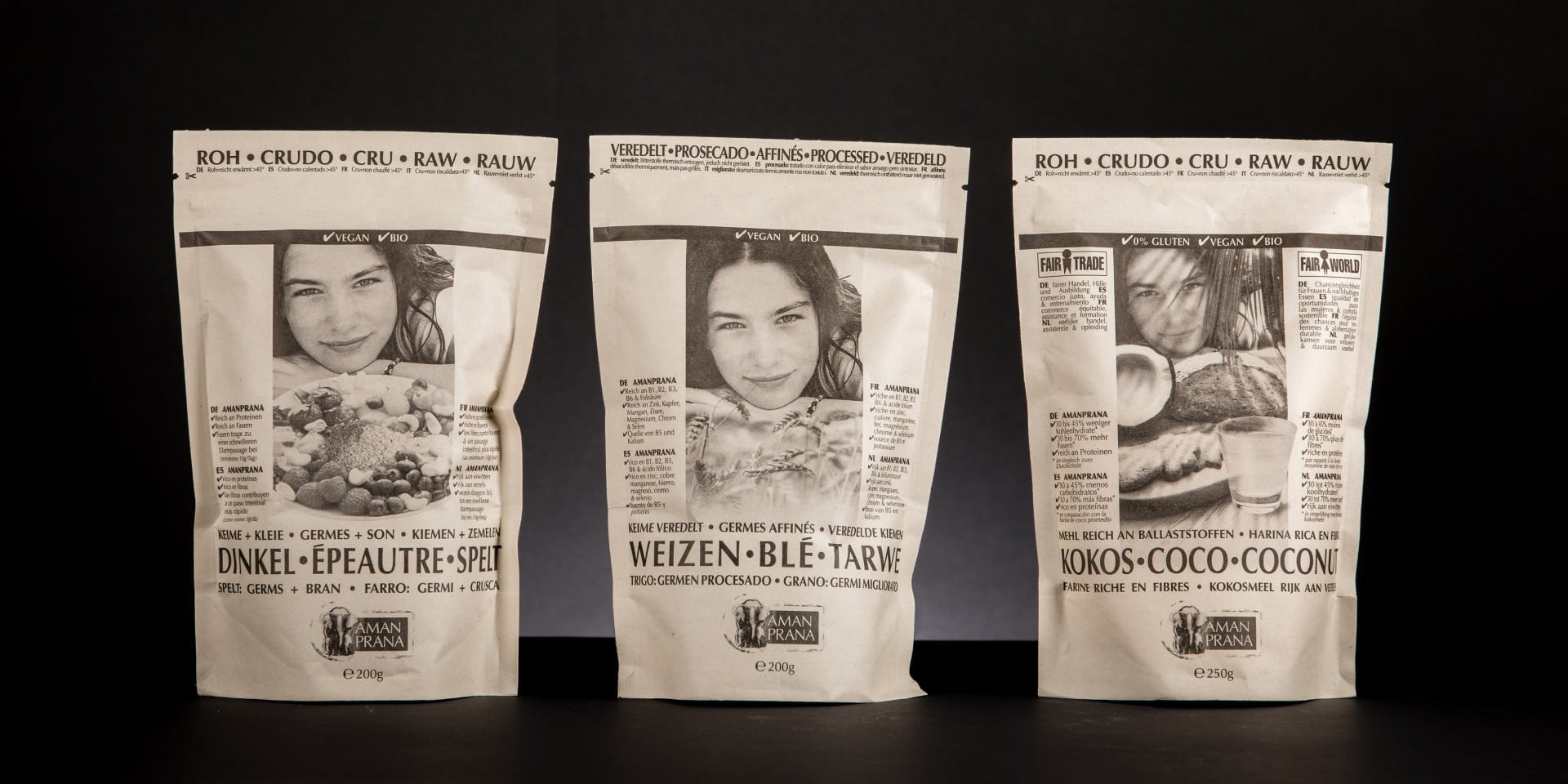
Making sustainability innovations accessible
Furthermore, TIPA and PaperWise both share the belief that sustainable packaging should be practical for all concerned stakeholders. Sustainable packaging at the very least needs to rival the shelf life and level of protection as compared to conventional packaging. Moreover, there should not be any obstacles in the way for manufacturers to produce the desired output. If we want to change the world, we need to be pragmatic.
Dreams need to work in real life. PaperWise and TIPA both understand this notion. Not only in terms of durability and production cost but also optical regard. Consider printability. Packaging needs to entice consumers. This is where PaperWise steps in and adds value to our packaging. Paper has a draw on consumers that can never be rivalled by any type of plastic.
Packaging is not only casing for durability but also a marketing instrument. By providing manufacturer-friendly input TIPA and PaperWise make sustainable packaging accessible, without compromising on quality, thus, making it accessible for a wide range of organizations from small to medium enterprises, multinationals, non-profits, and governments.
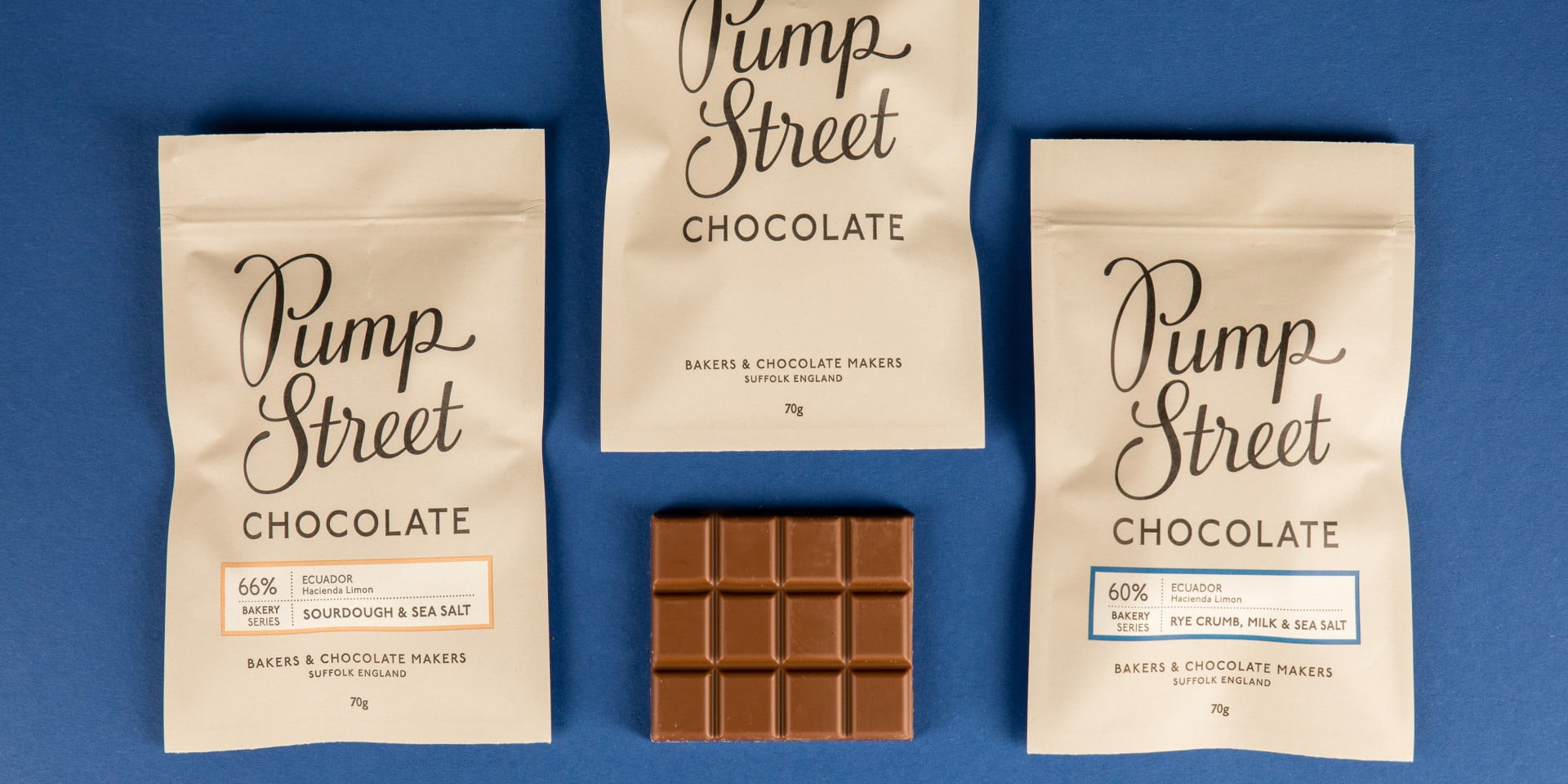
Founders with a vision
In 2010, TIPA co-founder and CEO, Daphna Nissenbaum realized that packaging products was unavoidable, and asked herself, how can we package without utilizing conventional and polluting plastic?
By providing the market with sustainable alternatives to conventional plastic, we can encourage a better end-of-use cycle for packaging across the industry. TIPA provides compostable solutions for the entire packaging chain of supply to promote, support, and inspire top-down solutions for the world’s consumers.
PaperWise was founded in 2015 by Peter van Rosmalen. The year before the launch of PaperWise, the six-year-old granddaughter of the founder asked her grandfather, ‘Granddad, if you use everything up, what will be left for us?’. This inspired Peter van Rosmalen’s idea of PaperWise. It was time for a paper revolution.
Aged 55, he quit his day job to begin his great PaperWise adventure. The motto he kept to was: ‘if I don’t change, who will?’. Peter then started his search for factories that could process agricultural waste into high-quality paper and paper.
Tangible progress quantified in hard numbers
Bold visions alone do not suffice.
Over a decade later, TIPA’s dedication to an organic packaging solution inspired by nature has replaced thousands of tons of conventional plastic. For example, by exclusively using TIPA compostable packaging for their entire line of sustainable basics, PANGAIA saved the planet 39.2 tons of polluting plastic and 1.5 million polybags. But this is not the only success story, where a seemingly small decision led to an enormous positive impact on our environment, through sheer scale. For example, TIPA has also enabled major UK retailer Waitrose to package their organic banana produce in an eco-friendly manner. At this scale, unimaginable amounts of banana packages found in over 300 supermarkets spread over the UK can now be considered environmentally.
Since its launch in 2015, PaperWise has grown to become the European market leader in paper and board from agricultural waste with more than 2,000 customers in 23 countries.
Some well-known companies that already use PaperWise are Weleda, Heineken, Lufthansa, Hallmark, Pukka, Tony’s Chocolonely, and Landal GreenParks. Together they give over 10.7 million kilos of agricultural waste a second life as paper and board for printing and product packaging.
This means that PaperWise has saved 16,100,000 kg of CO2 as a result of not burning agricultural waste. By transforming agricultural waste into high-quality paper and paperboard, PaperWise saved the equivalent of 31,800 trees.
Cross-border collaboration
TIPA is headquartered in Israel and PaperWise was founded in and operates out of The Netherlands. If you want to change the way things are being done on a global level and truly revolutionize the packaging industry, chances are you need to look globally.
Both TIPA and PaperWise have brought forward ground-breaking innovations in their respective fields. Physical distance and differing languages did not stand in the way of these unique undertakings finding and embracing each other and together with leading to another progression in the evolution of sustainable packaging.
In this way, TIPA and PaperWise were able to combine the best of both worlds: a fully compostable alternative to single-use plastics with the authentic look and feel of paper. A fully compostable packaging passing with flying colours both the test for industrial composting in accordance with the standard EN 13432 and the DIN Certco’s certification test for composting at home.
Good for our environment, and at the same time appealing to consumers in terms of appearance and feel without compromising on quality or durability.
Through this collaboration, we hope to inspire other players in the sustainability and packaging industry to engage in similar transnational symbiotic partnerships, enhancing their end product on all fronts.
